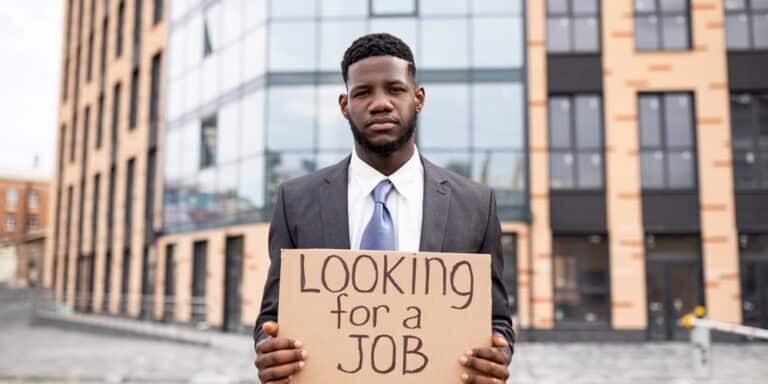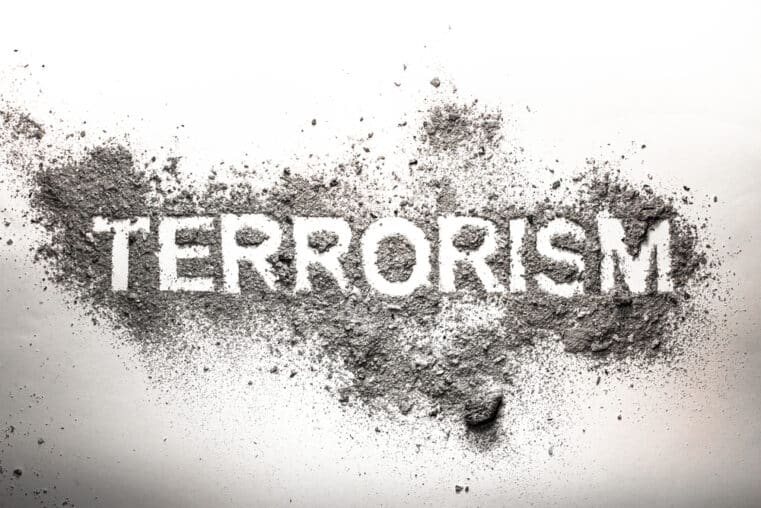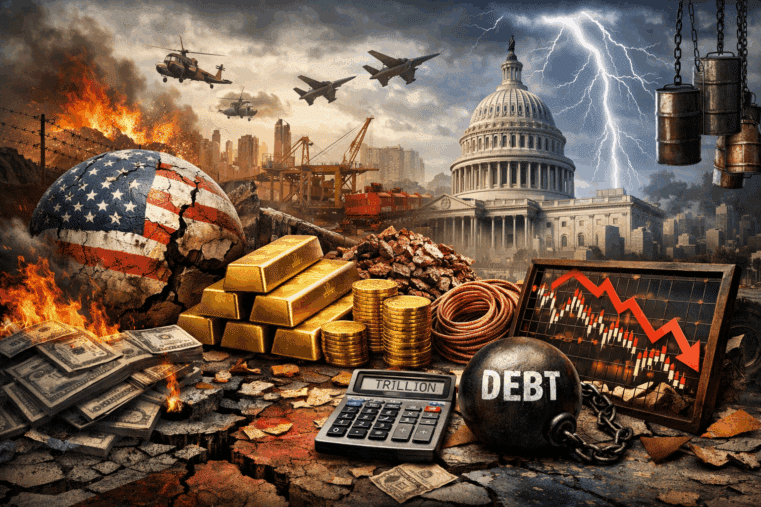
Why Americans Feel Poorer in a “Booming” Economy – And Why They’re Not Wrong
A Booming Economy—For Whom?
You’ve heard the story before—unemployment is low, the stock market is up, GDP is humming along, and inflation is “under control.” So why are Americans more pessimistic about the economy today than they were during the darkest days of 2008?
Because they live in it.
According to the latest Axios Vibes survey by the Harris Poll, 65% of Americans report feeling financially squeezed each month, a sharp rise from just over a year ago. University of Michigan’s Consumer Sentiment Index is down more than 21% year-over-year—now sitting lower than during the Great Recession. And the Conference Board’s Confidence Index is back in the gutter, below its reading during the 2022 inflation peak.
Reality at the Checkout Line
Let’s make this clear: the average American doesn’t care about abstract GDP numbers or corporate earnings reports padded by stock buybacks. They care about what’s in their fridge, their gas tank, and their bank account—and right now, all three are under pressure.
While government economists point to a 2.9% rise in the CPI over the last year and pat themselves on the back, they conveniently ignore the compounding effect of three years of runaway price increases. Ground beef is up 12.8%, eggs are up 10.9%, and coffee—a working-class staple—is up nearly 21%. At the same time, wages have stagnated. The average paycheck doesn’t stretch nearly as far as it did before Bidenomics took the wheel.
This is not economic growth. This is economic erosion.
The Employment Mirage
And the so-called "low unemployment rate"? That’s another headline illusion. Yes, the unemployment rate sits at 4.3%, but the rate of hiring has collapsed to a five-year low, and young adults in particular are bracing for harder times. Most of the GDP boost we’ve seen recently comes from capital-intensive AI and data center spending—not job creation. In fact, that very investment is pushing up utility bills for households, draining more income from working-class Americans while lining the pockets of Silicon Valley billionaires.
The Market Isn’t the Economy
Then there’s the stock market. Sure, it’s booming—for the top 10% who actually own stocks. For everyone else, the “wealth effect” is a cruel joke. In fact, consumer sentiment has fallen among households with little or no market exposure, while remaining steady only among those who are deeply invested. What does that tell you?
Everyone Feels It—Not Just One Party
Here’s the uncomfortable truth that D.C. won’t admit: Americans feel poorer because they are poorer—not just financially, but in terms of opportunity, stability, and control over their own futures. They’re waking up to a financial system built on inflated numbers, artificial credit, and central bank manipulation. They’re being gaslit by bureaucrats and media pundits who haven’t clipped a grocery coupon or filled up a gas tank in twenty years.
And this despair isn’t partisan spin. Both Democrats and Republicans are more negative about the economy than they were in February 2020—before lockdowns, before stimulus blowouts, before inflation hollowed out the dollar. The system is buckling, and the people can feel it—even if the data refuses to say it out loud.
Take Control Before It’s Too Late
Now is the time to act, not wait. If you’re tired of media spin and official lies, I urge you to download 7 Steps to Protect Your Account from Bank Failure—a free guide packed with practical strategies you can implement today. You can also pick up Bill Brocius’ explosive book, End of Banking As You Know It, and join his Inner Circle Newsletter for just $19.95/month—where you’ll get unfiltered, insider-level insights on how to shield your wealth from the next big shock.
🔗 Download the Free 7-Step Guide Here
📘 Grab Your Copy of End of Banking As You Know It
📰 Join Bill’s Inner Circle Newsletter – $19.95/month
Protect your money. Reject the spin. Prepare for what’s coming.











